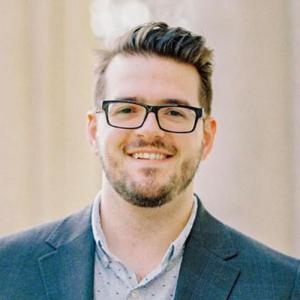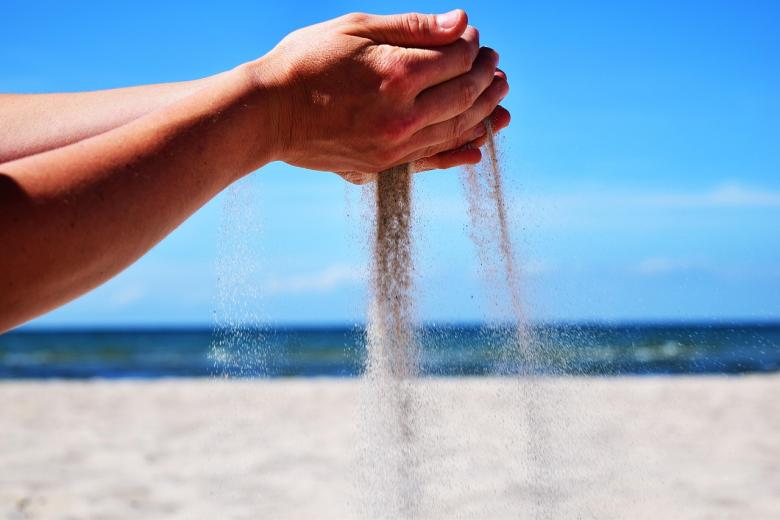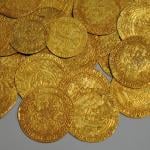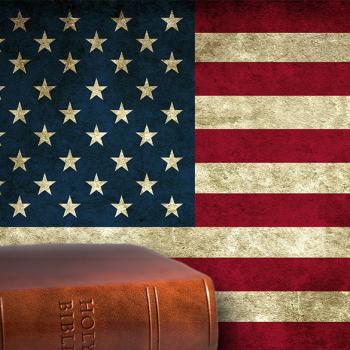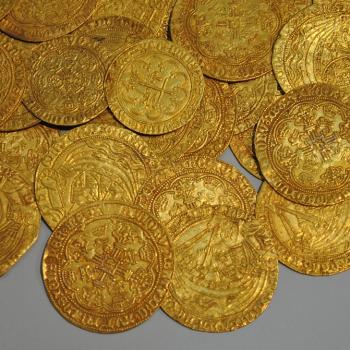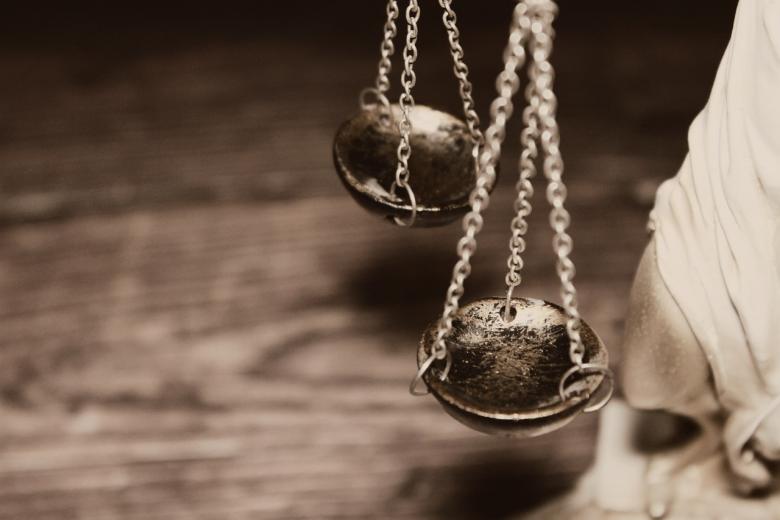
Image by NomeVisualizzato / Pixabay
I’ve talked about justice before, but it always help to revisit ideas. Especially as we consider what justice is in our current unjust society. While I write on the action of justice in an earlier article, let’s talk about John Rawls’ Theory of Justice.
Rawls – Philosopher and Ethicist
Perhaps John Rawls’ greatest contribution to the field of ethics is his 1971 book A Theory of Justice. While he wrote up until his death in 2002, this really kicked off the conversation. There have been a couple editions of this book as well as another great read – Justice as Fairness. There are several great articles and videos online to get you into the zone, or check out the Stanford Encyclopedia of Philosophy.
He was well educated. He graduated from Brown University, received his PhD from Princeton, and received a Fulbright Fellowship to Christ Church in Oxford. His philosophical studies were diverse, and he thought deeply about distributive justice.
Distributive Justice
Rawls had a thought experiment. While holding to the idea that we participate in a social contract – that we all have duties to our neighbors, as they have towards us – he took it in a different direction.
He imagined a new society forming – what would be the best way to do it? In this, we ought to have a ‘veil of ignorance’ around our own abilities and qualities in this new society. In this way, we can create the best society for everyone without outright or accidentally giving ourselves an edge.
The Experiment
For example, who should be paid the most in this new society? What skills are most valuable to a community? We would probably say that medical professionals have a very important role in keeping people healthy. In the same way, farmers and people who produce what we eat should also be well paid because we all need food to eat.
We could argue that those who are in charge of keeping the society moving are also important. Transportation people like bus drivers have great value. An efficient government would also be beneficial to the public. First responders in emergencies should also be well paid because they help keep us safe in emergencies.
However, there are roles that are less valuable to the society on a material level. BUT we are not just material entities. We crave beauty and art, even if there is no material necessity like good food, clean water, or healthcare. Are these people not worthy of the same monetary benefits and access to services and community?
The Outcome in a Christian Context
The veil of ignorance is really important here. Because I wouldn’t know which role I would play in this new society, it is more beneficial for me to limit the wealth and access gaps between roles. I wouldn’t want to have one group be incredibly rich and then have another destitute. Because there is a chance I may end up in the poorest group.
It is not a hard move from theoretical ethical thought experiments to Christian work. If we believe that all are created by God and valuable, then why would we not work to bring the gap between the rich and the poor? If we want to do the work of the Kingdom of God in our lives, we should work towards the benefit of the least of these.
What Now?
We don’t have the luxury of creating a society from the ground up. We have so much ingrained capitalism and consumerism in our culture that this may never happen. BUT we can do what we can do with what we have and where we are. We can become grains of sand in the gears of our society in the hopes to bring about real change that will directly benefit those who need the most. We can take small steps in our circles to make room at the table and help our neighbor have access to the rights and liberties that we have here in America.

Brad is a graduate student at Northwind Theological Seminary studying theology and the changing religious landscape in America. He works as a co-investigator at the University of Rhode Island’s College of Pharmacy providing education and support for rural New Englanders impacted by the opioid epidemic. Brad spends nights and weekends playing in regional bands as a bassist, guitarist, and vocalist. When not at a computer, he loves to spend time with his wife and chasing his toddler around the house. You can go to his website to get updates on his writing and other events.


